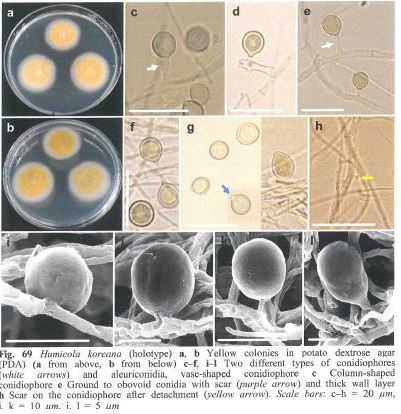South Korea has been making efforts to classify indigenous species of biological resources as the country joins the global fray to secure sovereignty over them, a state-run think tank said Tuesday.
Classification on what kinds of animals and plants inhabit the country is a vital step toward its endeavor to keep its sovereignty over biological resources.
The National Institute of Biological Resources, affiliated with the Environment Ministry, said it had nurtured a batch of 40 researchers, who have special expertise in unexplored groups of biological resources, up until the end of last year.
 |
(Yonhap) |
In the second stage of the project on the classification of biological resources that began in 2015 and will last through this year, the institute is training 30 experts in eight unexplored groups of biological resources including zygomycetes, algae and bryozoans.
The think tank puts the number of the country's indigenous biological species at 47,003 as of December last year, which it has listed as part of a project to establish a comprehensive inventory of national biological resources.
 |
This photo, released by the state-run National Institute of Biological Resources on Aug. 8, 2017, shows Humicola koreana, a new mold that was found on Ulleung Island in the East Sea. (Yonhap) |
Koo Yeon-bong, chief of the microorganism resources department at the institute, said every country is working hard to protect its sovereignty over its biological resources through the UN Convention on Biological Diversity, a multilateral treaty handling all aspects of biological diversity including genetic resources, species and ecosystems, and the Nagoya Protocol on biodiversity.
The protocol, adopted in 2010 at a conference held in the central Japanese city of Nagoya, is aimed at creating greater equity and transparency for both providers and users of genetic resources.
South Korea will become an official member of the protocol on Aug. 17 as it presented its ratification to the UN Secretariat in May. (Yonhap)








![[Today’s K-pop] Blackpink’s Jennie, Lisa invited to Coachella as solo acts](http://res.heraldm.com/phpwas/restmb_idxmake.php?idx=644&simg=/content/image/2024/11/21/20241121050099_0.jpg)
